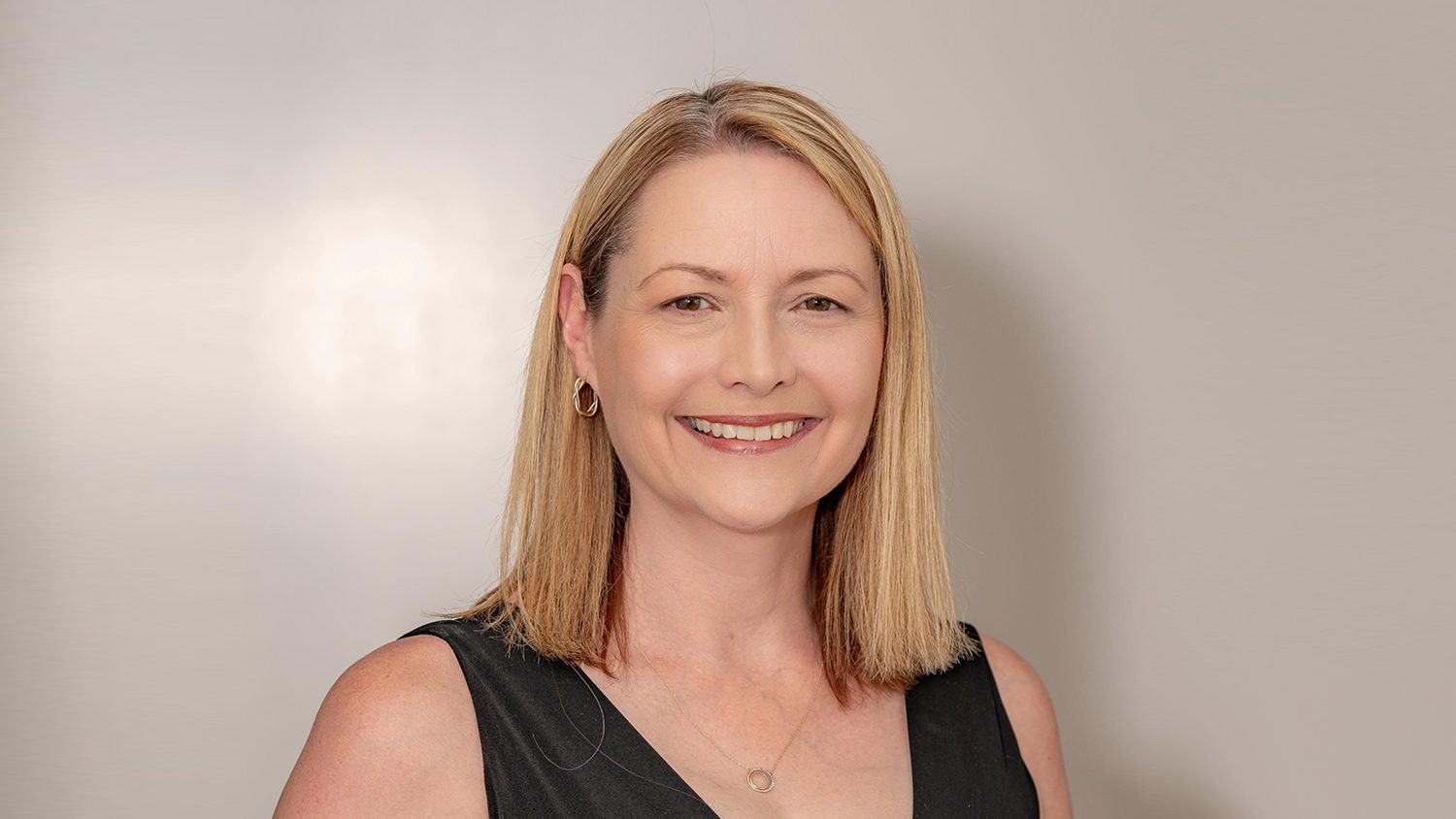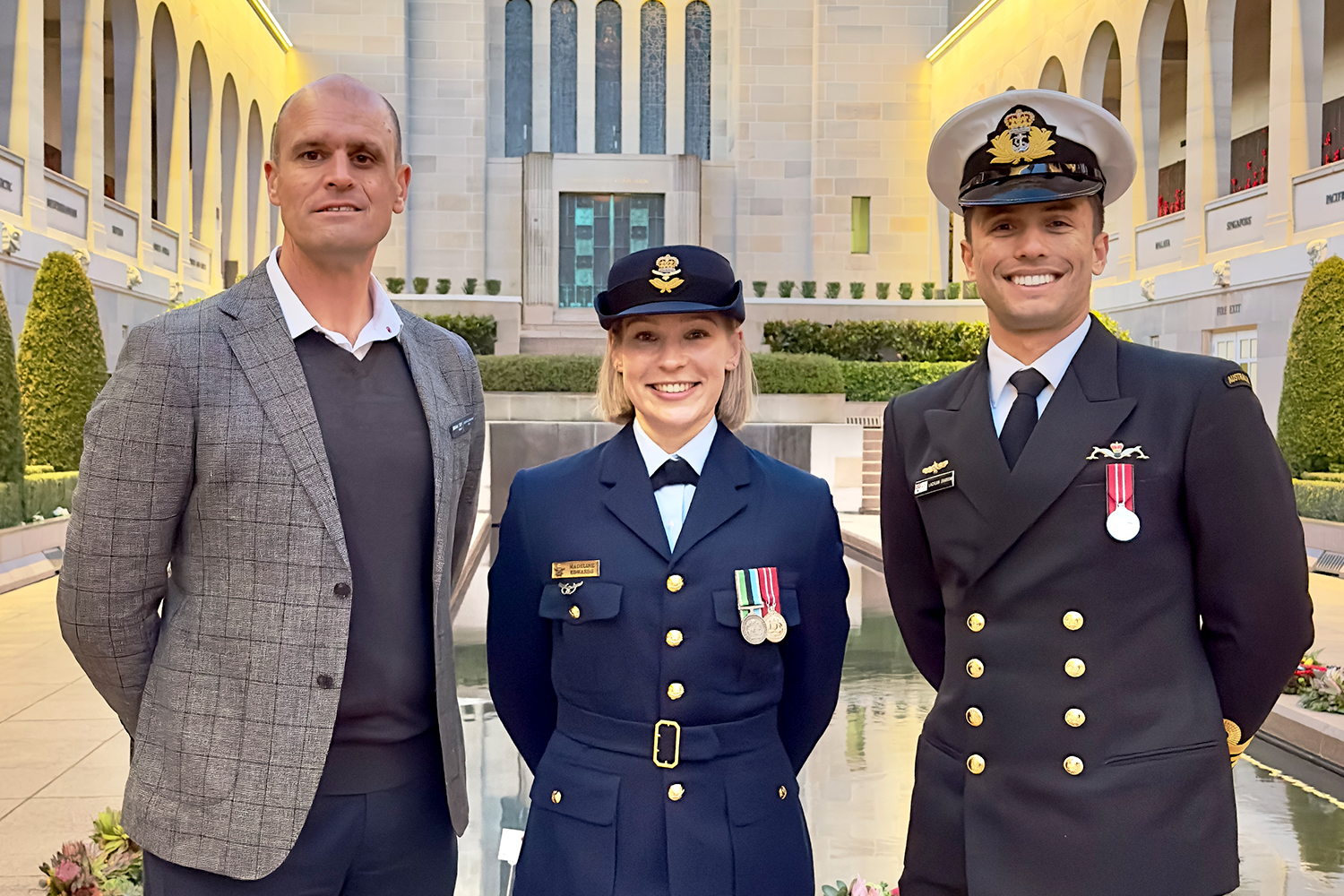Bravery Trust Operations Manager, Kay Dilger, explains the difference between a financial counsellor and a financial advisor.
As an ex-banker who has had the privilege to work as a financial counsellor, and sector leader in the financial counselling and capability space for more than 20 years, one of the things that I seem to explain on a regular basis is the difference between a financial counsellor and a financial planner or advisor.
I’ve lost count of the number of times I’ve met people socially or professionally who have done the polite nod when I’ve answered the ‘what do you do’ question. There’s often an assumption that financial counselling is the same as financial planning or financial advising – they are all ‘financial’…right? Here’s my take on what is sometimes not quick to explain.
In the simplest of terms financial planners and advisors look to build wealth, while financial counsellors work with people struggling with debt, or who want to build financial management and budgeting skills.
To go into a little more detail, financial planners and financial advisors provide asset building advice and investment strategies, which is important. Everyone wants to retire comfortably and leave our families with financial security.
So, exactly what do financial counsellors do, and how is it different to financial planning or advising?
Financial counsellors are qualified professionals who work with people experiencing financial difficulty. In stark contrast to financial advisors or planners, they work with individuals and families who are struggling to keep a roof over their heads and the power on. Perhaps there’s school fees, or unmanageable credit card debt.
Most of us are only one life event away from financial difficulty. Job loss, physical or mental health issues, relationship breakdown, addiction, bereavement and cost-of-living pressures don’t discriminate. Life happens, we get it, and the veteran community can sometimes feel these life events more acutely.
Let’s put this into context. Many people seek the support of a financial counsellor after a change in circumstances, often outside of their control. This change may mean mortgage repayments or rent is behind, credit cards are maxed out or perhaps a change to income means adjusting to a new household budget. Financial counsellors work alongside their clients to assess the situation, provide information, customised advice, develop a plan and advocate with creditors if required to support recovery.
Our Bravery Trust financial counsellors work beside the veteran community and/or have a connection of their own. We collaborate with the Australian Defence Force, Department of Veterans Affairs, the Australian Defence Force Financial Services Consumer Centre and a whole host of ex-service organisations like RSL and Legacy. As a result, they have developed an in-depth respect and unique insight into working alongside veterans and their families experiencing financial hardship.
The technical stuff:
Financial counsellors don’t need a licence to offer financial counselling because they, and not for profit organisations who employ them operate under a licensing exemption from the Australian Securities and Investments Commission (ASIC)subject to the following strict conditions. They:
- don’t charge fees to clients
- don’t receive any payments or commissions from third parties for their services
- must have appropriate qualifications and training, and
- must be eligible for membership of a financial counselling association.
Financial counsellors are trained to provide information, non-legal advice and advocacy on:
- codes of practice, for example, banking and utilities
- legislation and guidelines that relate to financial hardship,
- credit and lending, including short term loans and buy now, pay later services
- payment difficulty frameworks for energy
- internal and external dispute resolution, with a focus on financial service providers, utilities and telecommunications,
- debt collection guidelines and responsibilities
- fines and
- Scams
So, spread the word. Financial Counsellors at Bravery Trust are here to work with veterans and their families, to use their expertise to provide support, advocacy and ultimately hope that financial difficulty won’t last forever.
If you, or someone else you know in the veteran community is having a tough time with debts, get them to give Bravery Trust a call.








